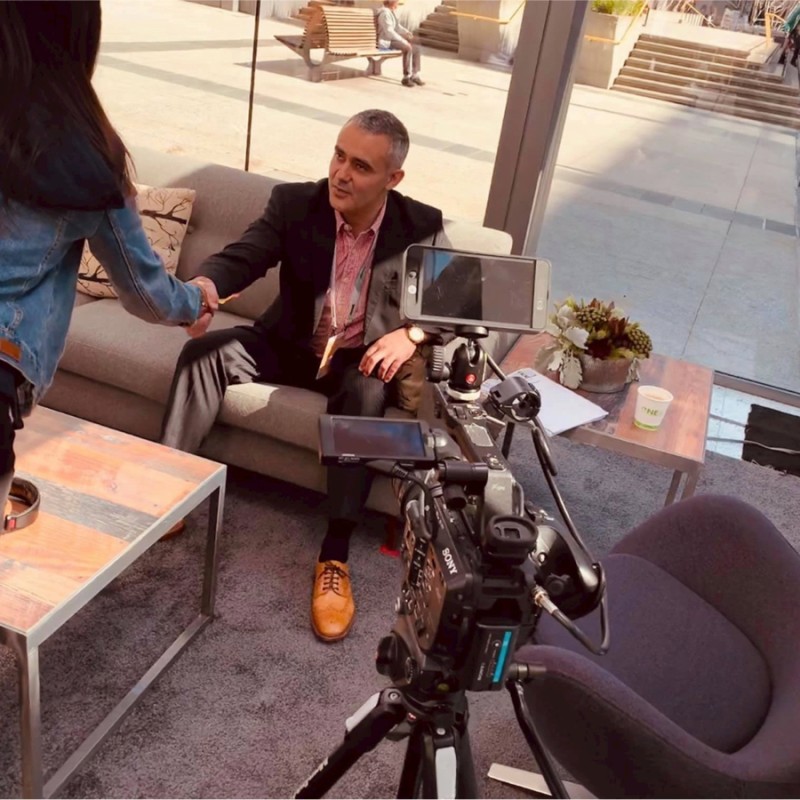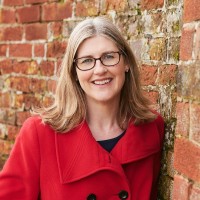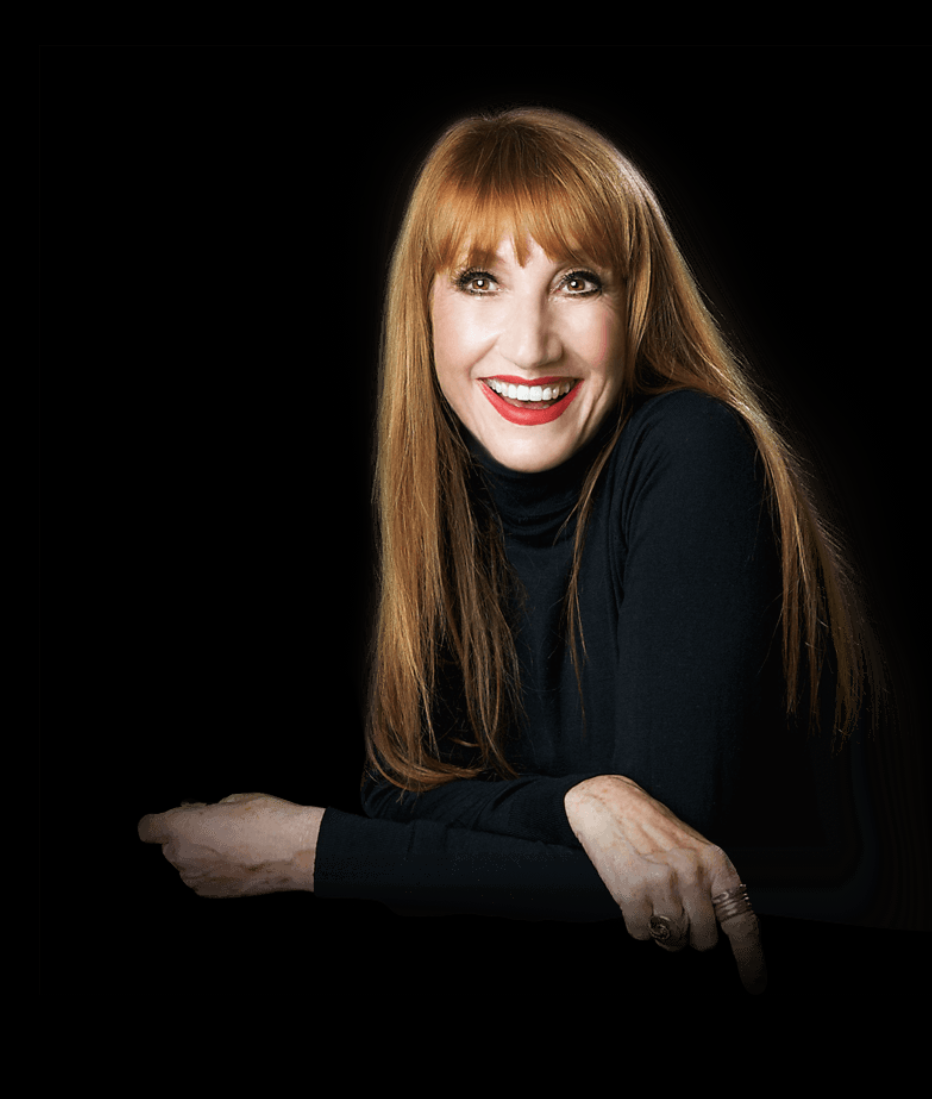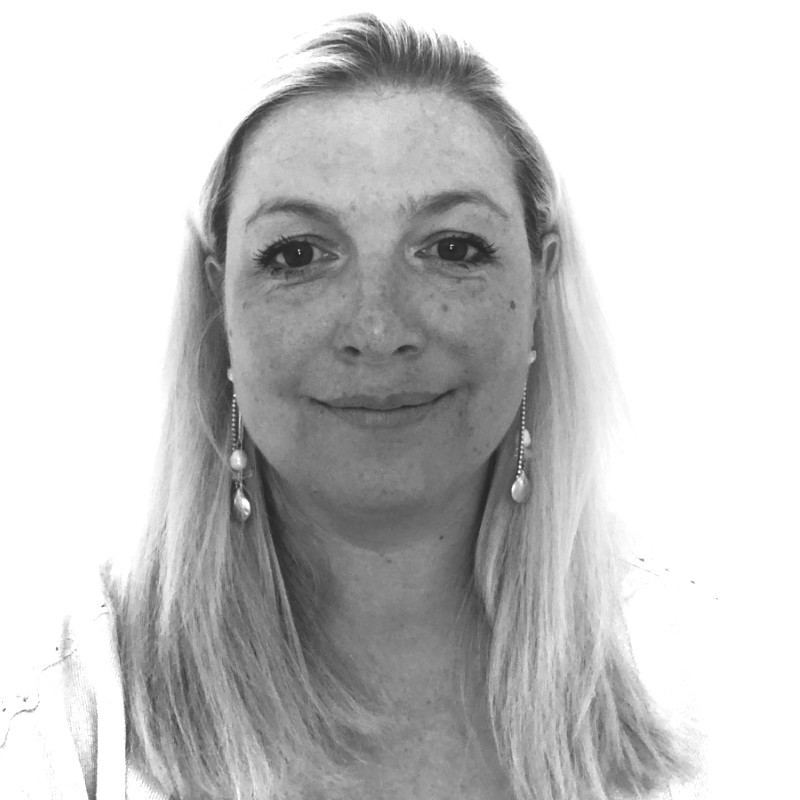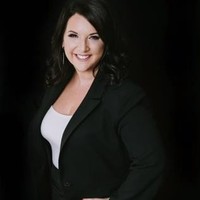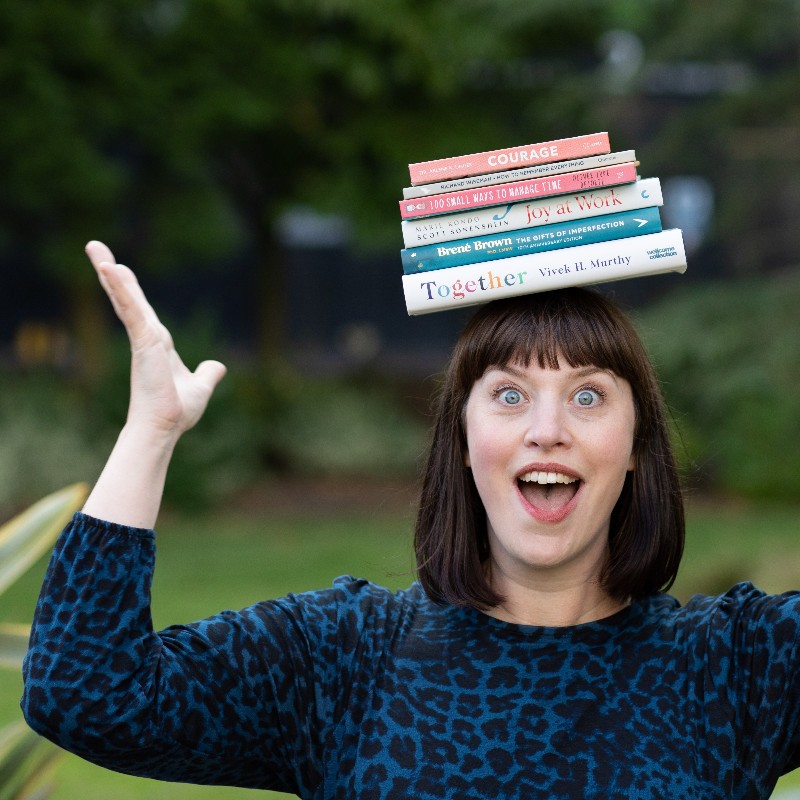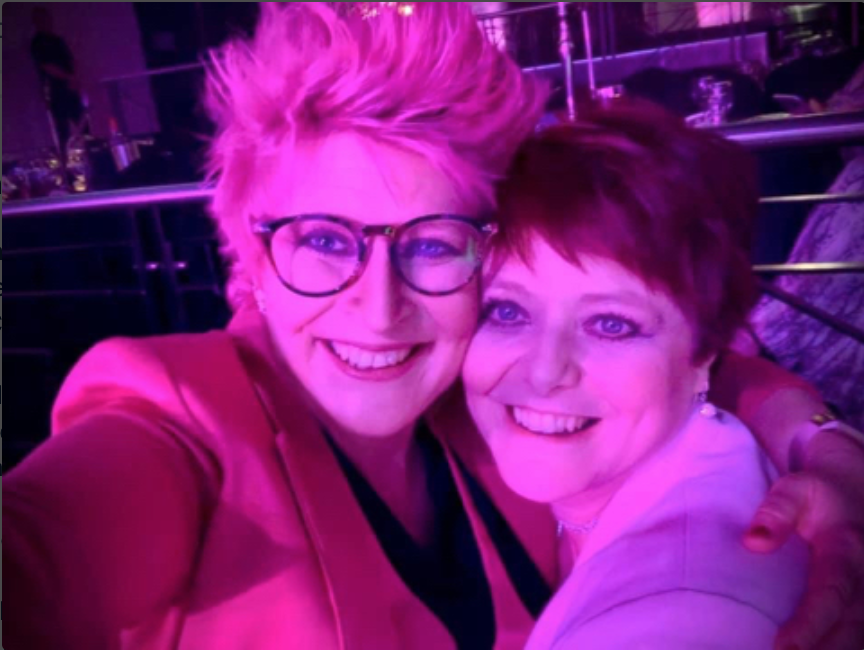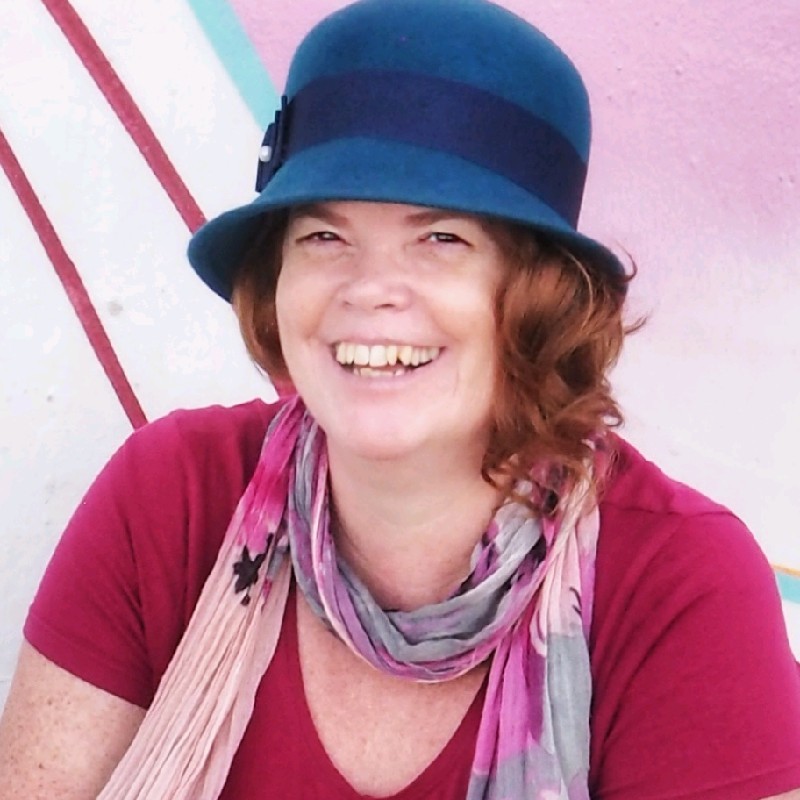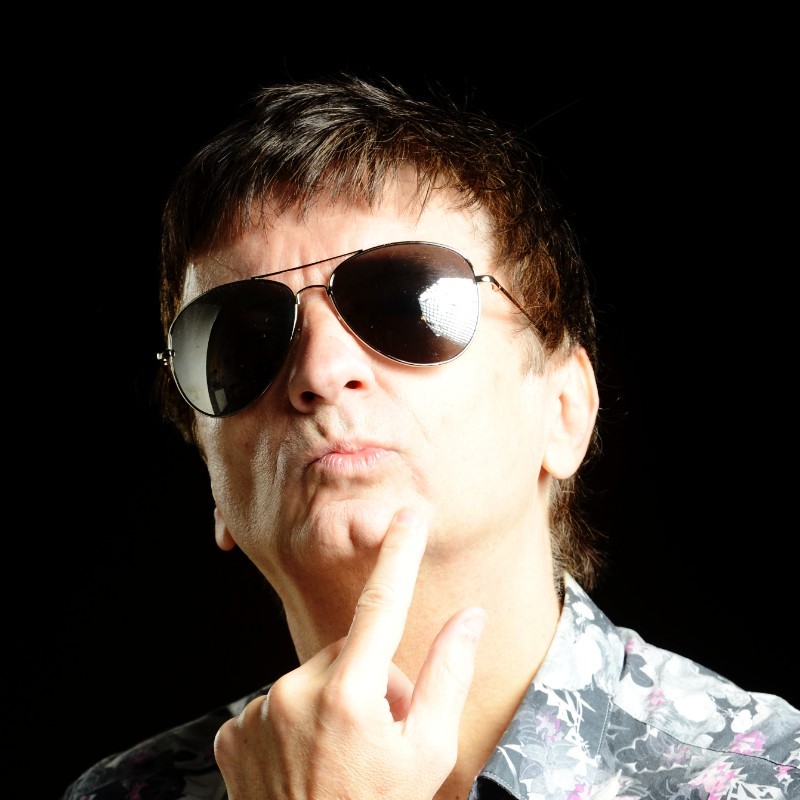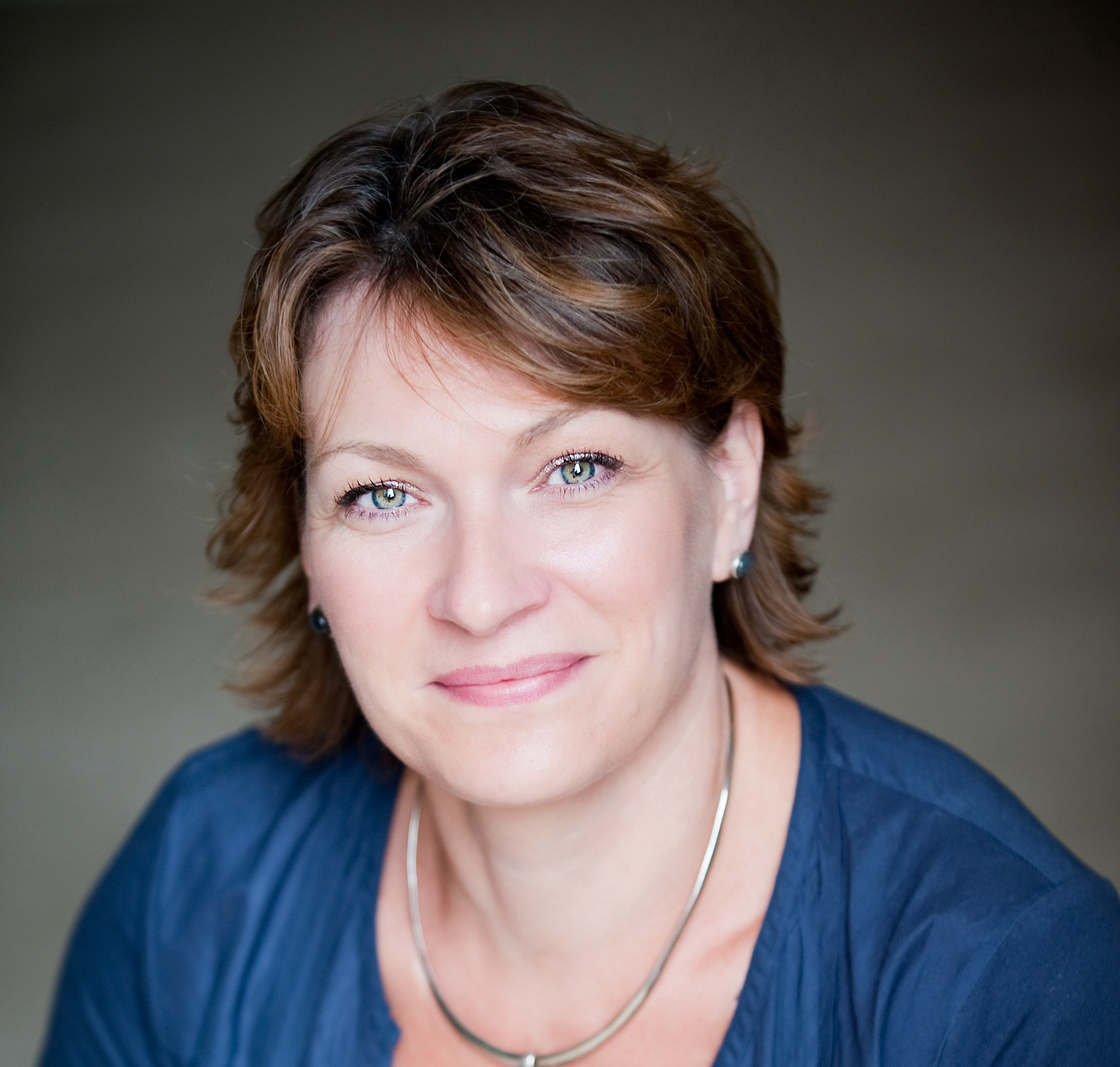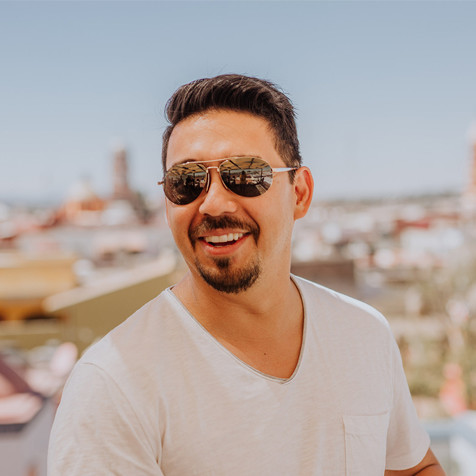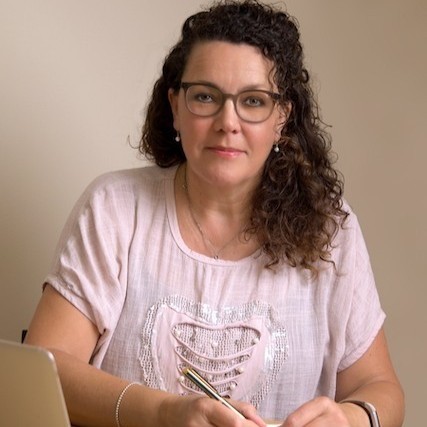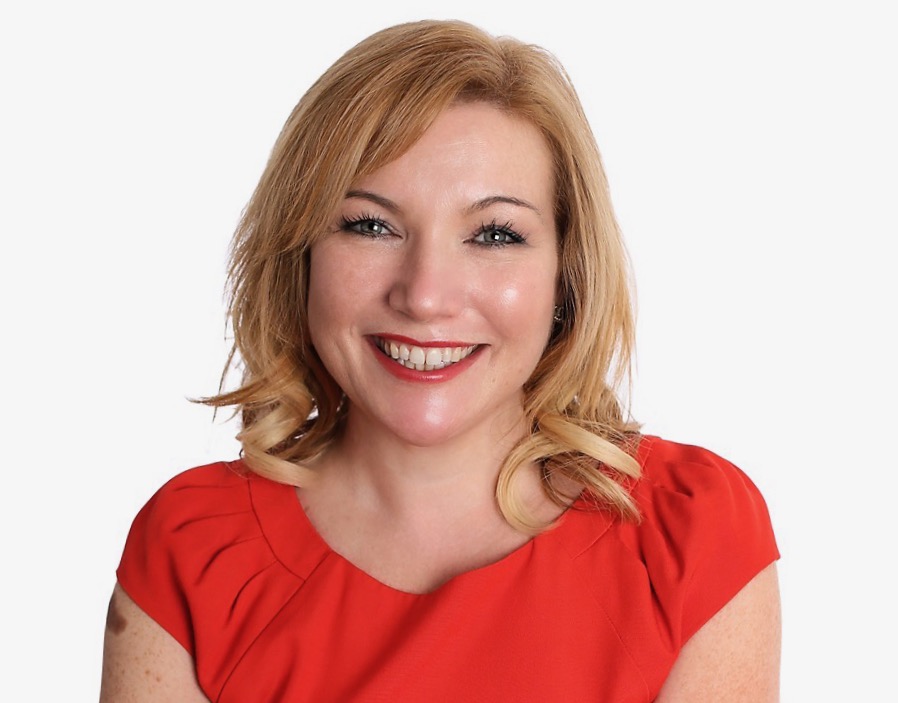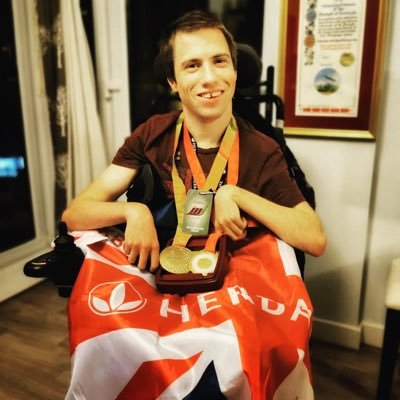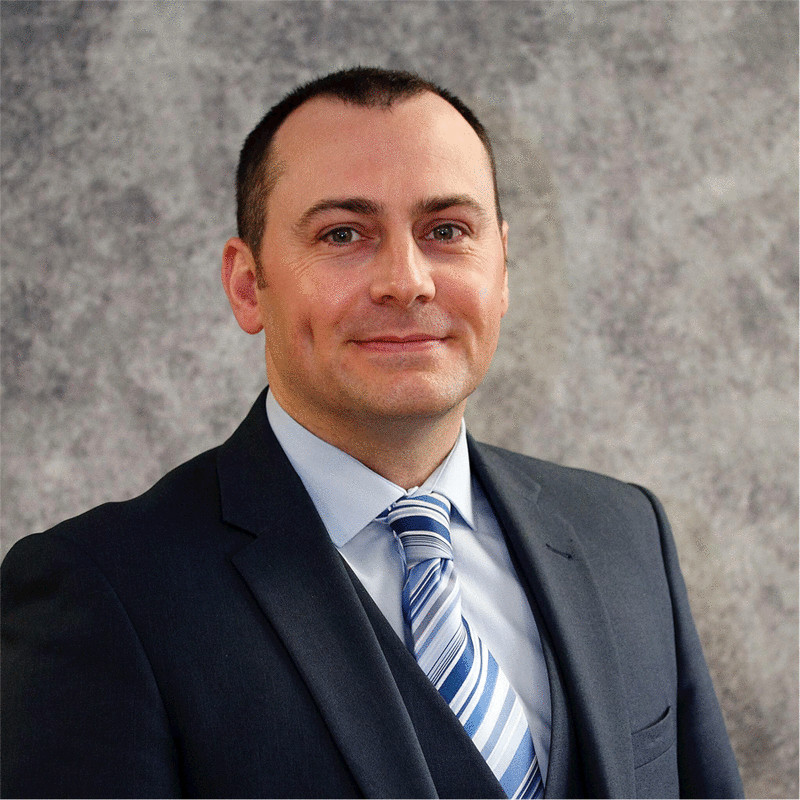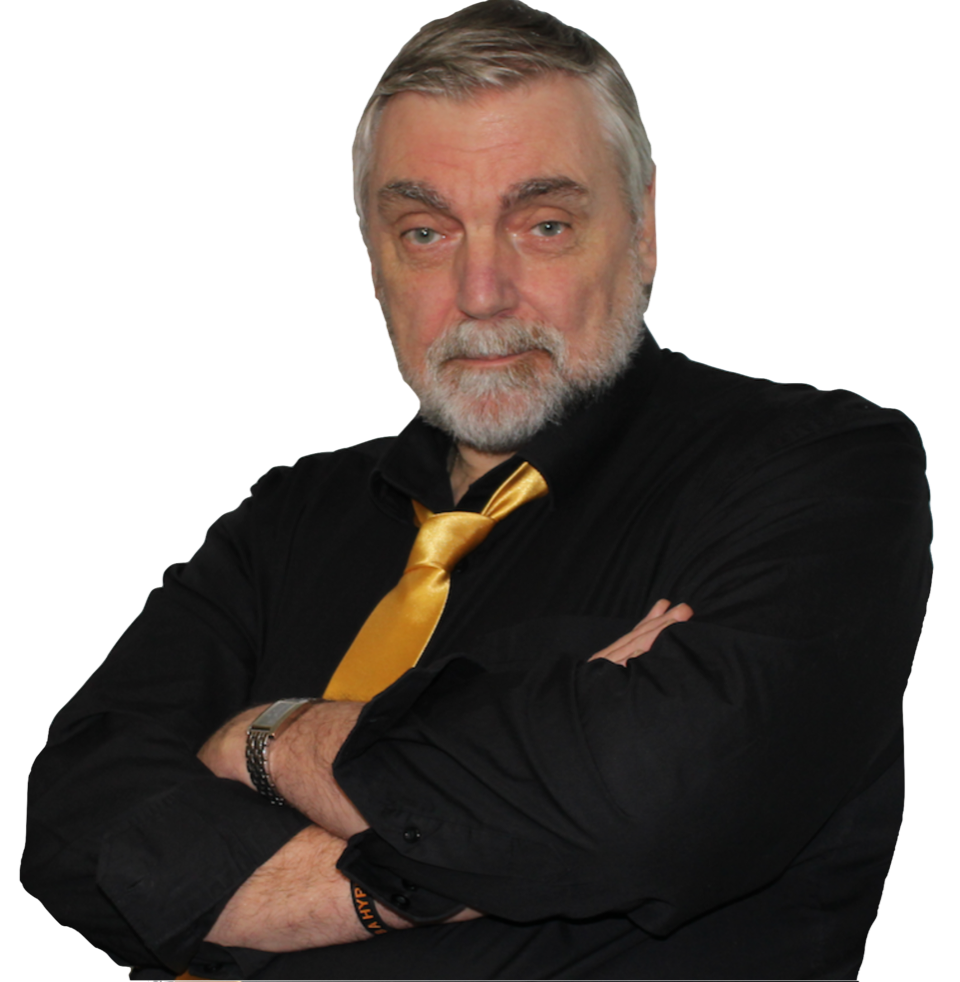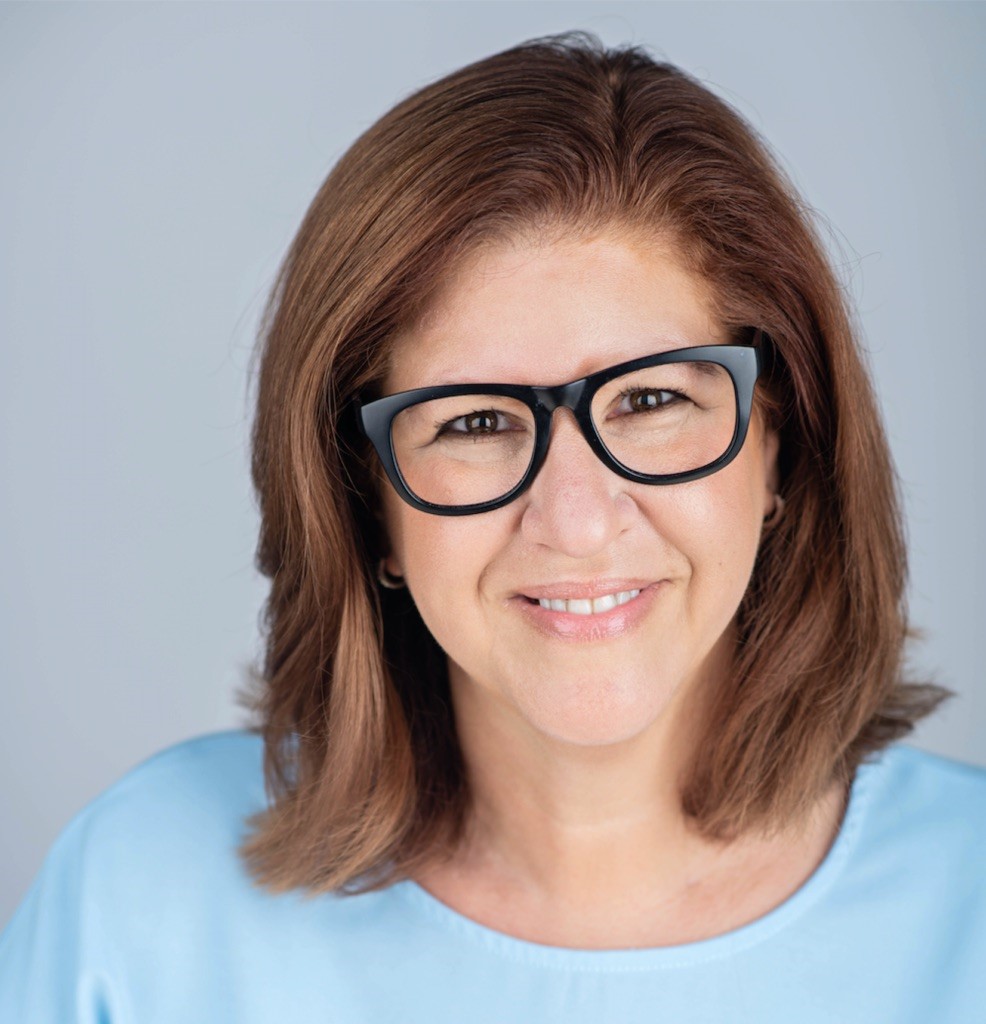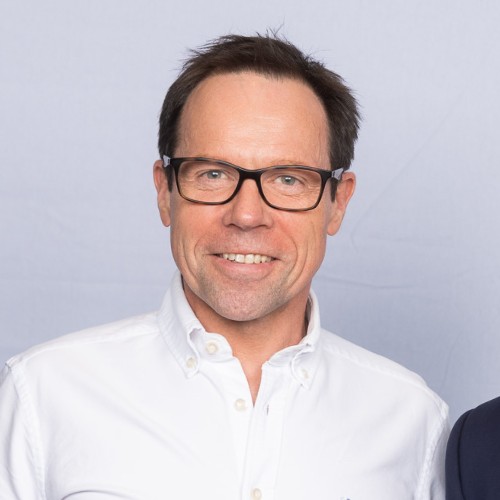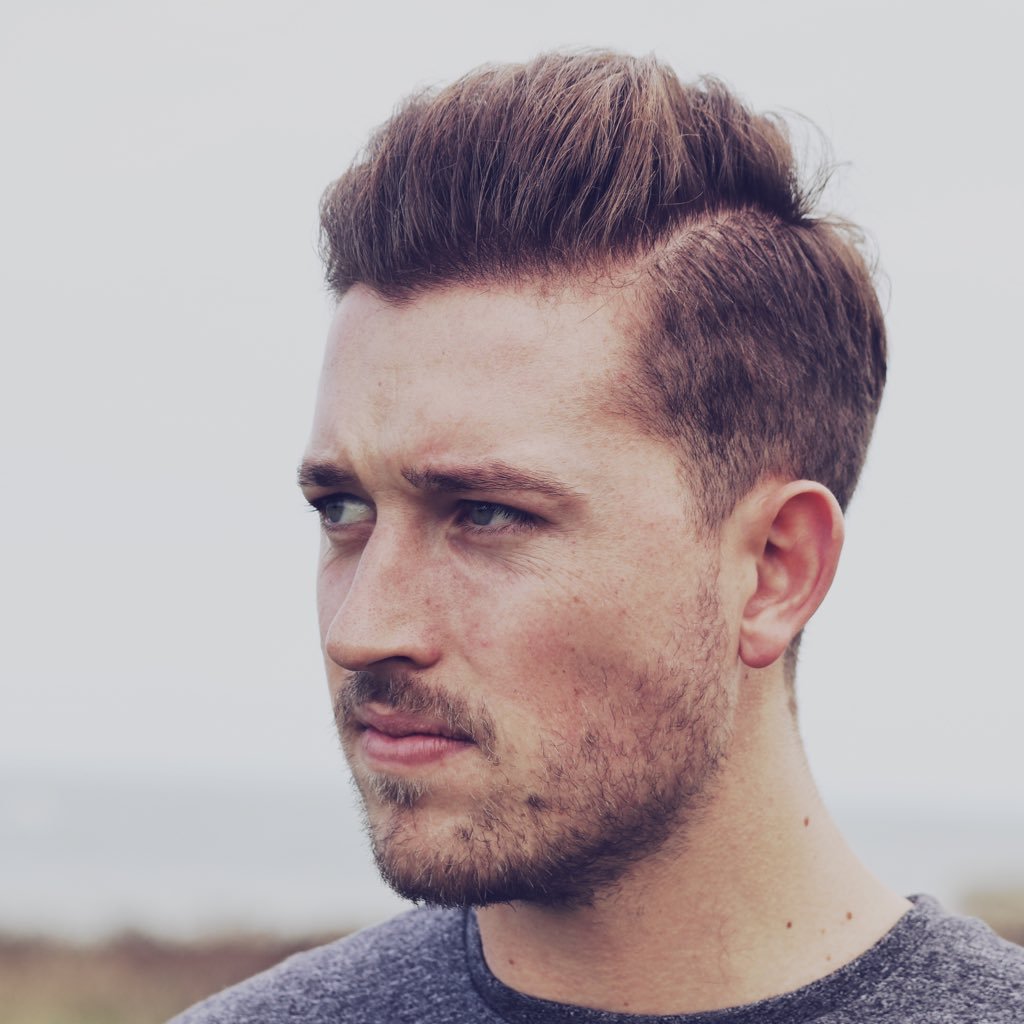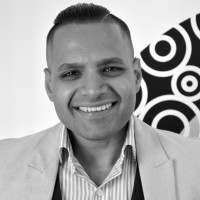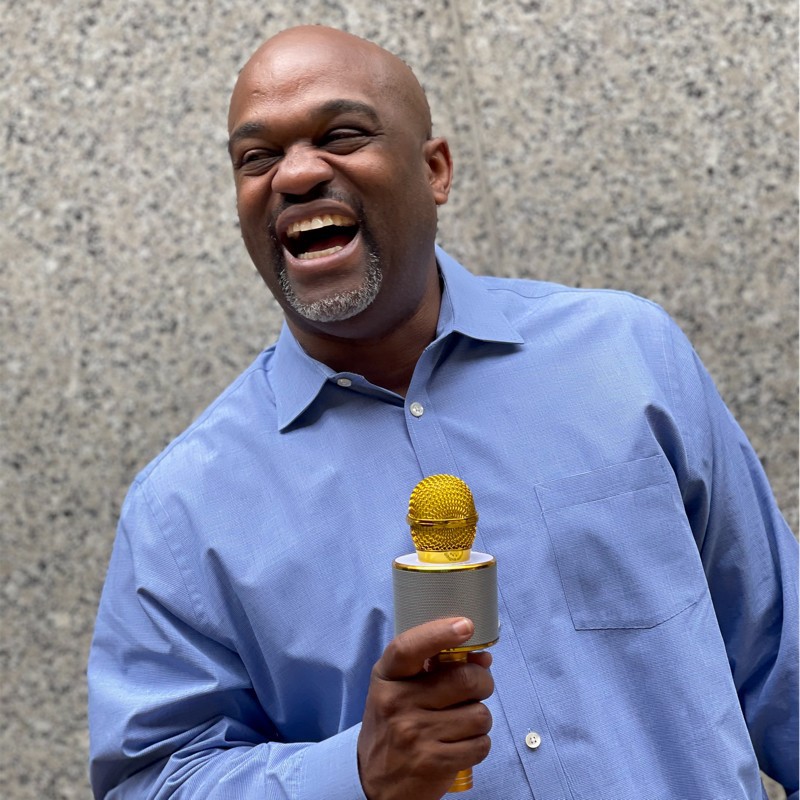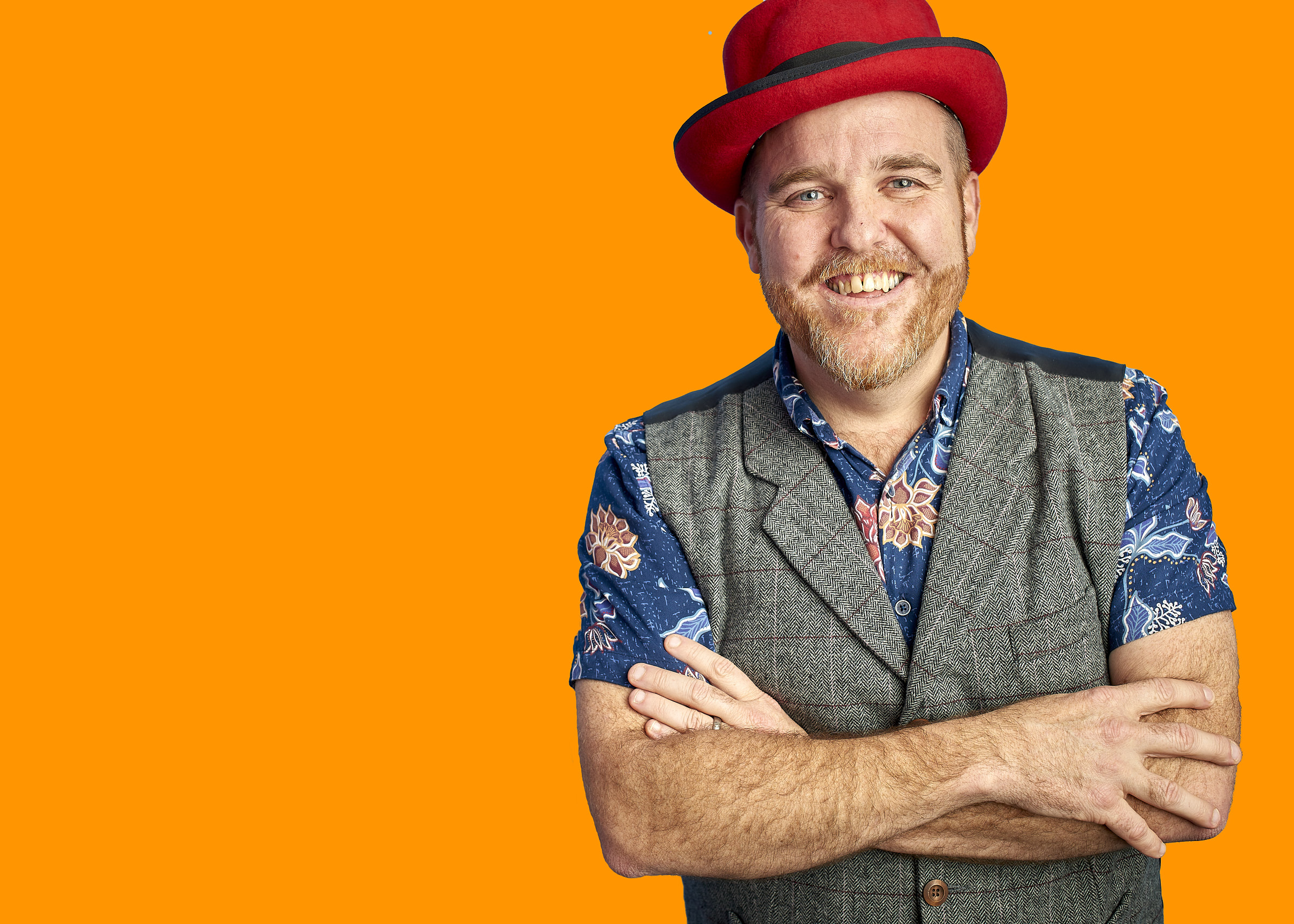What’s in a name? Inclusion and the workplace, and recognising your own bias
We're Making Conversations about inclusion Count!
Episode 64 - Sope AgbelusiEnjoy one of our most important conversations with Sope Agbelusi, leadership coach and expert on inclusion

Big take-away quote from this conversation about inclusion and the workplace and how we can identify our bias:
“If you are making a judgment just based on my name, then that’s a problem more about you than me. That’s not my issue or my burden to carry.”
Sope Agbelusi, Making Conversations Count (January 2022)
(Hard of hearing? Transcript available here).
Strapped for data? You can hear a lower-bandwidth version of the episode here.)
What’s in a name?
Most people don’t give too much thought to their own name. However for some people, with a name that originates in another part of the world, this can be the trigger for a lot of conversations around inclusion and bias.
Sope Agbelusi tells us the story of his name, and the challenges he’s endured just for using it, from a young age.
He has massive levels of intelligence and boasts a successful corporate career history.
He now has his own business where he’s coaching C Suite-level clients.
Yet he’s still hugely aware of bias.
He’s learned to embrace his name and appreciate its uniqueness, as well as the identity of those that share it.
“My name is my identity and I’m very proud of that.” he tells Wendy, while explaining its meaning in his Nigerian roots.
(Full transcript available soon)
Follow and listen on Apple Podcasts now by clicking this
Recognising bias
“It comes down to you recognising the bias that we all have. And I say all of us because, every single person has a bias.
Whether we like it or not, whether we want to admit it or not, we all have something that’s there, underlining.”
He went there.
And he’s absolutely right.
Every single person reading this, you included, has a bias.
It doesn’t make you a bad person. It means you’re someone who has room to grow.
Bias isn’t simply about race, colour or class.
It can also be in age, gender, or something else.
But as Sope explains in the episode, the key is to be aware of it, so that we can start to challenge and mitigate its effects in our workplace and everyday lives.
Watch the episode promo!
Managed to catch the previous episode yet? Click play on the player below to listen!
Diversion and inclusion
Sope Agbelusi has shown us how inclusion starts with each one of us, by simply being more aware of our own thoughts and actions, especially when it comes to those who are different from ourselves.
Only then can we help tackle bias.
And we see bias everywhere.
On the bus.
In the office.
Even walking into a supermarket.
Every person who can be brave enough to step up and ask these questions of ourselves, really is making a difference.
Maybe that way we’ll one day be able to have a real conversation around inclusion and the workplace.
(Full transcript here)

Conversations that count (and get you thinking)
This is one of our most important and most powerful conversations.
It’s challenging at times, and certainly thought-provoking.
Sope offers a wonderfully clear and evidence-based perspective.
He even makes reference to Tchaikovsky, and how the composer’s own name needed very little further explanation to his legions of musical fans.
And it’s not just about race and names that bias and inclusion needs to be addressed.
Inclusion and diversity can also be impacted by gender issues.
Listen as Sope describes situations he’s encountered during his leadership coaching with high-level executives who have cultural differences.
During this conversation, the pair discuss pink and blue roles.
Like with all of our conversations, this is another one that features a golden nugget of wisdom that we weren’t expecting.
And in this episode’s case, that wisdom is around being intentional.
Intention is a powerful noun, and can lead to life-changing results.
Listen to the episode as Wendy and Sope share their own experiences with intention.
Sope has learned to embrace his name and appreciate its uniqueness, as well as the identity of those that share it.
So when you meet someone new, will you now just rely on their name to give you an understanding of who they are?
Or will you ask them about it instead, and start a conversation that could lead to inclusion and diversity in the workplace – and beyond!
Once you’ve listened, let us know if you took something away from listening to this episode.
Get in touch so we can have a chinWAG, here!
(Contact details at the very top and very bottom of the page!)
Wendy’s take-away after having this conversation about inclusion and the workplace, and the natural bias we all have…
Sometimes it just comes down to something as simple as asking someone how they say their name. As a telemarketing trainer this is exactly what I tell my clients to do when they’re picking up the phone to new people. If you take the time to get to know someone, you can instantly make them feel more understood, and that is what inclusion is really about, isn’t it?.. – Wendy Harris, host of Making Conversations Count
Want to carry on the conversation with Sope?
“Making Conversations Count” is a podcast from WAG Associates founder and telemarketing trainer Wendy Harris.
Missed our previous episodes?
You can catch up with any of the other guests we’ve been making conversations count with, here.
If you’re on your mobile device, you can hear them in your favourite platform (Apple or Spotify etc) here.
Once you’ve listened, remember to leave us a review!
NEVER MISS AN EPISODE AGAIN!!
Follow the show on Apple Podcasts here!
Follow the show on Spotify, here!
You are following the show on socials, right?
Only there will you see sneaky peaky teasers of the upcoming episodes, as well as updates and news on the show!
Here are the links just in case you need them:
Listen to other episodes on your favourite platform…
Fancy repeating the experience of making conversations count? Here's another chance to hear a popular previous conversation.
Full Episode Transcript - Conversation about inclusion and the workplace on "Making Conversations Count"
| Title: | Making Conservations about Inclusion Count |
| Episode: | 64 |
| Guest: | Sope Agbelusi, Mindsetshift |
Want a downloadable and printable version? Click here.
Timestamps
00:00:00: Introduction
00:04:34: What’s in a name?
00:07:15: Breaking down judgemental barriers
00:11:13: An education on inclusivity
00:12:31: Cultural stereotypes
00:17:17: Approaching inclusion as a choice vs going with the flow
00:19:15: Building a legacy
00:22:49: Ask the right questions and learn from mistakes
00:26:30: Sope’s pivotal conversation
00:32:01: Final thoughts
Interview Transcription
Wendy Harris: Welcome to Making Conversations Count, where we are sharing honest and relatable conversations with business leaders, and that one conversation that counted for them. We are so pleased to be in the top rankings for indie podcasts, and especially in marketing, because we love to bring you business leaders that talk about sales, marketing, networking, business, social selling, and a wide variety of other topics too. Now today, we’re going to be talking with a leadership expert about inclusion.
What’s new, Wendy Woo? Well, Wendy Woo is going to be out of office for a couple of days working with a team of five internal and external salespeople, who are just looking for a refresh. And the world has been a crazy place for us to be able to pick up the phone and reach people, so I will be going in and helping them to reset for the world that we live in today, in how to start making those new conversations count. I’ll keep you posted and hopefully, I’ll be hearing that they will be counting the benefits in their commission packs as they put things into practice.
Now, each and every one of us is a little bit unique. That is what makes this planet such a special place. Today’s guest leans into his point of difference, and in actual fact it comes down to his name, because it’s a name that when you read it, you can’t say it phonetically, you need to learn how to say it. My first attempt is a “devil’s in the detail” thing for me when you’re picking up the phone and you’re introducing yourself to somebody, and you’re asking to speak to them by name; you really want to be getting it right, because it’s a great first impression.
So, I was so pleased when Sope said that he would love to come and chat with me about what he does in his day-to-day role, breaking down barriers and bias against taking certain actions. It’s a really nice chat around being intentional and the goals that we want to achieve, not only in our career, but also as a family. And that conversation that counted? Well, I like his wife already, but you’d better listen on to find out all about it.
Today, we’re going to be making conversations about inclusion count, and I’ve got a very, very interesting character with me, and I’m only going to attempt his first name, because I’m bound to get the last name wrong! So, I have Sope with me making conversations about inclusion count today, and I’m going to have a stab at it, so don’t hate me if I get this wrong: Agbelusi?
Sope Agbelusi: That was beautiful! It was not just a stab, you got it spot on. Well done, Wendy! See, you knew what you were doing!
Wendy Harris: I want a Blue Peter badge now! With a name like that, Sope, I bet you get known by lots of different names, and get called lots of different things?
Sope Agbelusi: Oh, yes, a lot of different names and a lot of different things. It brings back a lot of bad memories, especially from school, especially when we had supply teachers. I’m just cringing, because my name’s “A” as well, so you’re going to be one of the first on the register, “Oh my gosh, he’s going to kill it, how bad is it going to be, how bad is he going to kill my name?” and he does and everyone starts laughing. So, yes, I’ve had that for a very long time.
Wendy Harris: It’s kind of ironic really, isn’t it, that today we’re talking about inclusion, yet your name really does set you apart?
Sope Agbelusi: It does.
Wendy Harris: So, let’s put the irony to one side, how have you dealt with that kind of separation through your name, and some of the conversations that have come around that?
Sope Agbelusi: I guess for me, it’s going through a journey as an individual, and in fact I’ll go back to what I just said around being a lot younger, especially as a teenager, and having my name and the teacher says it and it’s “Sopena”, sort of randomness that comes out of teachers’ names; are you feeling cringeworthy, and why didn’t my parents just give me a completely different name, and all of that.
Then, as I grew up, and not that much, probably about 14, 15, I kind of took a step back and actually, my name, especially in Nigerian tradition, when you’re giving a child a name like that, your names are a prophecy over that person. So my full name, for example, means “Give thanks to God”. So, by nature, I’m actually a very grateful person. And a lot of situations and experiences that I go through, I have a very different perspective on them and it’s like, “Okay, I’m going through this and it’s hard, it’s tough. But you know what? I’m still alive, I still have my health and what can I do to reframe this?”
All of that for me links back to what my parents told me from when I was born and when they made that declaration over myself. So, me really leaning into that, from being 14, 15, you know what, other people are going to say what they want to say and they’re going to kill your name, but recognise the foundations of why you have that name and own it. And that gave me a different lens and different confidence, because I spent a lot of years before that using different names. I had a lot of nicknames —
Wendy Harris: You had nicknames?
Sope Agbelusi: I had nicknames that I used, and I had other names that are not my name that I claimed were my name, just because I wanted to avoid just what I thought as embarrassment of what my name was. But then, that confidence of me leaning into myself from a young age actually really shaped who I’ve become, because as you get older and interestingly about my name, when I put my name on job applications, for example, and I wasn’t getting through and I changed it to, I don’t know, Dave Smith, same skills, same experience, same everything, just a different email address and a different name, I was getting callbacks.
It’s doing different things like that, like I’ve known I’m going to have this repeatedly with my name; but because I had that confidence, I’m not going to let that deter me. I’m just going to have to navigate a lot differently to other people, and that’s fine, that’s part of the process.
Wendy Harris: It also means that you’ve learnt to embrace the traditions of your family, and I think some of that is lost these days, isn’t it, in terms of where we come from and why certain things are done in a certain way? And through your name — and I do get it; it’s that, how do you make yourself more appealing because your name sounds strange to somebody?
Do you think that including the foundations of your name and explaining that in a CV, or a cover letter, could have just propelled you forward in the pack to make you stand out?
Sope Agbelusi: No, and in fact I wouldn’t even consider it; because for me, if you are making a judgement just based on my name, then that’s a problem more about you rather than me. That’s not my issue or my burden to carry; that’s for you to deal with. So me, in a sense, putting a definition of my name on something like a cover letter or CV is me trying to justify myself. But you’ve just made a passing judgement without actually getting to know the character of the person, and just based on a person’s name.
Wendy Harris: I think this is where it’s divisive, because I don’t see it as a judgement, I just see it as breaking down a barrier.
Sope Agbelusi: But why is it my remit to break down that barrier? I mean, there’s a good example, I think it’s Tchaikovsky, people use a lot of times as an example that people learnt his name. He’s known all around the world around classical music. But you learnt his name. There are so many other difficult names that are hard to pronounce, but they’ve been learnt, because people took that time to do that. He didn’t go around saying, “My name means this or it’s that”; it was his work spoke for him, therefore people wanted to know who he was. But his character never changed and his name never changed.
So, if you want to be inclusive, you take the time to be like, “How do you pronounce your name?” for example. Right at the start, you knew my first name and you were like, “I’m going to take an attempt at your second name. I’m going to get it wrong, but I’m going to try!” I’m like, “Cool!” But it’s you even going, “You know what, I know it’s hard, I know it’s difficult, but I’m still going to try and make an attempt at it”. Or a lot of people ask me, “So, how do you say your name; what’s the best way to say your name?” That makes a difference, as opposed to you just making an assumption and be like, he’s got an African name, therefore he’s what, exactly?
The reason I say that is, if you look at a CV, those roles that I was applying for that I wasn’t getting, when I eventually stepped into them or managed to get myself into the door, I was great at what I did. So, my work was still on point, my character was to the point, nothing had changed whatsoever and in fact, those organisations benefitted. But that recruiter lost out, because he chose, because he saw a name that he found difficult and therefore had a bias about that, to not put me forward for those roles.
Therefore, I didn’t lose out in theory, it was harder for me; he did, because that’s his bonus he could have got.
Wendy Harris: There’s a real strength of character, I think, in having to overcome something, and I don’t mean to be judgemental at all, I’m always one to be “edutorial”, let’s call it edutorial. If we can break down barriers and explain things in such a way, just to make people think about things differently, I kind of get what you’re saying that those people have missed out because of belief systems that they’ve got. And had they have just realised that they should be looking not at the name, but what skillsets are coming to them, then you’re likely to be raised up to the top of the pile.
So, what can we do to educate people to be more inclusive then?
Sope Agbelusi: I think it comes down to you recognising a bias that we all have, and I say all of us, because every single person has a bias. Whether we like it or not, whether one admits it or not, we all have something that stays underlining. So for some person, it might be around a name, so if I find a name difficult, or I find myself disregarding someone just because of the name, why is that, why am I doing that? It’s you stopping and asking yourself, for whatever situation and circumstance you find yourself, why am I taking that particular action; what assumptions am I making, am I using as a barometer to make that decision?
If we asked ourselves more and more those kinds of questions, it would make such a difference in society, because it flows in whether you’re talking about gender, where many people are like, “Women can’t do that job”; or, you’re talking about intersectionality or other different areas like that, it’s all the same thing where it’s linked into the bias. Sometimes it’s culture, sometimes it’s just been the way you were raised.
I have had a lot of times where there are some senior leaders that still believe that women cannot run organisations.
Wendy Harris: It’s that pink and blue job, isn’t it?
Sope Agbelusi: Yeah!
Wendy Harris: I was only having this conversation yesterday. My best friend, she says, “Do you know, I’m so jealous, your husband does all these jobs. He potters and he makes log stores and he builds stuff” and I said, “Yeah, your husband, he interferes in women’s work”, he likes to cook and things like that. And we were laughing and giggling about it, because there really shouldn’t be a pink or blue role. If you want to take on a challenge and learn a skill, nothing should hold you back.
Okay, there are going to be some things that will hold some people back. I’m not going to be a heavyweight boxer, for example, because I’m not fat enough. There are other biases that come in, aren’t there, about height and weight and colour and shape and accent, how you speak?
Sope Agbelusi: Yeah, in fact that’s a great example. Last year in particular, I went to a group of senior leaders and they are what I would call high-flying senior execs. But every single one of them all had babies in the pandemic. So, this is the first time they were all at home with their kids. And the interesting thing was, I started working with them, and I don’t know what was in the water at that point of time in the organisation, but there were 12 of them and they all had kids roughly around a month of each other!
Wendy Harris: They’d all been busy!
Sope Agbelusi: I don’t know what was going on at that point nine months ago, but that’s what happened! So, this was about five months in, it was very interesting. They had all gone from doing, on average, because the industry they worked in, they were consultants; they probably did about 70- to 80-hour weeks as standard. They were now saying, “We don’t want to go back to doing that”. In fact, they were advocates in pushing their HR, “We don’t want to go back to work. We actually want to be at home spending time with our kids, our babies”, etc.
I was speaking to the HR guy afterwards, he was like, “I’ve never heard them talk or behave –“, because that’s just what they did, they just worked. And they said, to be fair, if they were not at home in a pandemic, they would never have changed their ways of looking at things, because they viewed certain things as, “Our partners are at home looking after the kids, and we’re providing financially”. But being at home in that environment forced them to have a completely different mindset and instead to be, “Actually, I’m missing out on some certain things”.
A lot of it was down to cultural norms and stereotypes that, when we talked about it, they had grown up with. But being in that environment in lockdown for that period of time got them thinking that, “We’ve only done this because this is what I’m used to, I’ve seen my parents do. Is it the right thing to do, me being around and missing out on my daughter? I’m actually getting to know my wife again, because we’ve been married for 20 or 30 years, but I don’t really know her, because I’m hardly ever around, I’m travelling around the world”.
So, different things like that started to change, and we’re still having those conversations which change the way that you look at things and you look at situations. That perspective shift, either it’s around the pink and blue, or around cooking, or around the man should be a builder, all of that.
Wendy Harris: Yeah. I was asking my LinkedIn family, “Do you feel that being a women in a career, and a mother, has held you back?” because there are stereotypes around the women picking up the kids from school, having to provide dinner at a certain time after the male has come home from killing whatever it is and coming back. It’s still happening, isn’t it? I don’t know what the answers are, I just hope that we’re moving towards it being a choice.
Sope Agbelusi: When you look at, I guess, from a traditional perspective with how you see things and how you approach things, what’s created that shift for you in how you’ve done things for yourself?
Wendy Harris: I kind of told myself that I would have my time, and that’s now, let me tell you, it’s now; that my children would get to a certain point of age and independence, and I would slowly start to turn that tap on, and I would go for the things that I knew, through maturity as well, because I do believe that I could have had a very successful corporate career, but would I have enjoyed doing that? I don’t know. Hindsight’s a really tricky, tricky character.
So, I’ve done what I’ve enjoyed doing as well as having my family, knowing that I would be learning everything that I would need to the time when I would be going, “Me”.
Sope Agbelusi: I love that, because it’s very intentional, and you have to really think about it and think about the different stages as well with the children, and now it’s my time, and everything else like that, especially around how you begin to change things. It’s that intention that flows through, it’s how do we decide how we’re going to live our lives and what approaches we’re going to take.
You making that decision is something not a lot of people do, they just go with the flow, and you’ve been actually like, “I’m going to intentionally — okay, kids are going to do this up to a certain point, and then now it’s my turn to do this”. With inclusion, it’s exactly the same. People are going to be intentional about making that decision about how they’re going to approach people and approach situations, or they choose not to and just go with the flow; it’s all a choice.
Wendy Harris: And in some respects, it’s about creating the opportunity for you to be going in the flow that you want, rather than just following the current. It’s like the straight road ahead and it’s tarmacked, or it’s the bush where you’ve got to hack through the undergrowth and you find paradise. I think that’s a similar kind of analogy. What about your, Sope?
Sope Agbelusi: Along the lines of intentionality. All the choices and decisions I’ve made have been geared around the family and naturally speaking, it’s what I want to do, how do I want to achieve it. But what’s the goals that we’re trying to achieve either as husband and wife, as a father to my two kids, and as an individual? The reason I left my corporate role all those years ago was I wanted to make a difference using the skillset that I had, and I was sick and tired of just seeing things not change.
Wendy Harris: What do you do now that impacts; what’s the legacy that you are building?
Sope Agbelusi: The legacy I am building is, I want to call it a two-fold legacy. There’s one at the personal level, which is to be authentic in everything I do, and therefore be a good role model to my children, not because daddy’s done this and they’re fine to do what daddy’s done; but more, when daddy says he’s going to step outside his comfort zone, he actually does that; when he says he’s going to do certain things, he models that.
So, when it comes to them stepping outside their comfort zone, or them taking a chance with certain things, they can see that I’m not just talking about it, I’m also living it, so is their mother. And that for me, my legacy, everything I do always starts at home.
Wendy Harris: Grow through them.
Sope Agbelusi: Yeah. I’m doing that for myself as an individual, but because I feel like what I do, I talk a lot about leadership and coach leaders, leadership for me starts with self. So, I know how to lead myself and lead myself well. And then it either becomes, okay, me to you; or for me, that’s my wife and my children, so how am I leading them, and vice versa; it’s a two-way relationship with both of them, but how am I leading them and how are they leading me? They are now floating to the next level, which is being around organisations.
People spend so much time at work, and we can create environments where people can grow into where they can grow, they can be developed, they can be cared for and I know people go, “That’s all fluffy stuff”. Actually, no; all those different things I’m talking about lead to innovation, growth, productivity, and that’s the second level of what I see my legacy as. It’s on that systematic change approach, which involves working one-on-one with a lot of leaders, either in corporates or start-ups, then doing a lot of work in cultures around how they are creating and fostering their environment for people to grow and shine.
I want my kids to grow up, and if they want to, go into corporate environments, and be environments where they will have those different things, not environments that I grew up in where I didn’t have those different things, and I had to intentionally create them for those who I was leading, or navigate a lot of bullying, racism, all that kind of stuff, which I don’t want my children to go through either. So, that’s why my legacy for me is that personal piece, and then it now flows into the systematic organisational piece as well.
Wendy Harris: Beautiful. I mean, you’re kind of unpicking a lot of what should be taught in school, as I see it. We seem to have a nurturing, primary system that’s very inclusive, and it’s about the taking part, not the winning, which not everybody agrees with. And in some instances, you need a bit of competitiveness. There’s got to be a bit of balance. And then you go to high school, “We’re going to treat you like an adult, but we’re going to tell you what to do, and you’d better do it”.
So, I think a lot of our younger generation come out of school now not really sure how to be when it comes to the workplace. So, when it comes to inclusion and going for an environment of work where they’re going to enjoy it: one, they’re going to gravitate to what they know, because it feels safe or comfortable; yet, will they be that aspiring to go and want to be more? I just ask lots of questions, I don’t have all the answers.
Sope Agbelusi: Well, that’s also what makes a difference, is you don’t need to have the answers, we just need to be willing to ask the right questions. I see it as a coach, I don’t know the answers, approaching people in roles that I’ve never worked in or never operated in. But that’s what my remit is. My remit is, I can ask you great questions that get you to help you to think through the situation that you’re going through. It doesn’t always mean it’s the right answers either, because there are times when we make decisions where it might not be the right answer, but previously you were struggling to make a decision. So now, you’ve made a decision.
Wendy Harris: Action, yeah. We need to take some action to push on, yeah.
Sope Agbelusi: And you learn from it, and you learn from the mistakes that you’ve made, which again is something that a lot of people struggle with because, “I don’t want to make mistakes, I don’t want to be that person”. Actually, you learn more in your failures than in your success every single time.
Wendy Harris: Failings, not failure.
Sope Agbelusi: Well, it all depends, because I agree with what you said, but I see it as, if you say, “I’m a failure” then it’s —
Wendy Harris: Don’t call it failure, that’s not good.
Sope Agbelusi: But if you say, “I’ve failed at something, I’ve failed at a task [or] I’ve not finished that task”, you’ve still failed at it, but I’m learning. So, it’s that approach, and that’s the difference between, I guess, the growth and a fixed mindset. One says, “I’m a failure, that’s the end of the world, I’m rubbish”, etc, and you’re very, very, negative about yourself. The other one says, “Okay, that hasn’t worked out and I’ve failed at that. What did I learn from that experience; what did I gain from that?” even if it means that what you learnt moves you one step further, that’s still a lot more than you had previously.
Wendy Harris: Yeah. We have a long life. I mean, I would hope for everybody that we have a long life, so we don’t need to learn all the lessons in the first 20 years!
Sope Agbelusi: Society will tell you you need to, though!
Wendy Harris: Oh, I’m so glad I’m separated from society! I jest, of course, but it is about starting from yourself, and I’m a great believer in this, that if I can create a good reflection, then I’m automatically creating the right environment for growth, so that’s kind of what I see.
Sope Agbelusi: And, in that environment of growth, what would be the intention behind doing that for you?
Wendy Harris: Well, I’m fairly intentional in all things. Often, it’s just to prove to my husband that I am always right! After that, look, I just want to be a good human being, and I think that’s all everybody wants at the end of the day. And when it comes to the people that you’re surrounded by, if you’re surrounded by people who have got that similar outlook for life, then you’re going to live a long, warm, rich life; and I’m not talking money, I’m talking filled up in your soul.
Sope Agbelusi: Well, sometimes it needs to!
Wendy Harris: Back to the topic of inclusion, come and join my gang, you’ll feel warm and fuzzy inside! So, Sope, I ask everybody who comes onto the show to share a conversation that counted for them. So, the show’s yours for now, tell us all about it.
Sope Agbelusi: The one that stands out to me the most happened probably 18 years ago, so when I was at university. I was with my girlfriend at that time, and she approached me and she told me I wasn’t very serious. I was like, “What are you talking about? I’m a very serious guy”, she was like, “No, you’re not. You’re not serious about being in a committed relationship and you still want to have your fun and do what you’re doing with your boys, which is fine, at university”.
Wendy Harris: Oh dear, girls at 18, they act like they’re 80 already, don’t they?
Sope Agbelusi: Yeah, “You’re a young guy”, and all of that. She was like, “I think we should just break up and we should be friends”. Here’s the interesting thing about that. She was the first person I would say that has probably called me out like that, and that resonated with me, because 18 years later, she’s my wife! But that conversation that we had has always struck out to me, because I’m a chilled, relaxed, laid-back kind of person, but I always said that I would know when I meet someone that challenges me in a way that no one else does.
Her having, I guess I’m going to call it a level of respect for herself that says, “You know what, yeah, we’re doing all right”, I wasn’t cheating on her or nothing like that, “but I can tell that you’re not 100% in this and therefore, we can still be friends, I would like to be friends with you, but I’m just going to pull away because it’s not right for me”, for me, really, really something that sounds like, “Hm?” And it made me step up from, what I call, from a boy to a man in the way I started to look at things and look at situations.
Together, we’ve been able to achieve so much, because she has taught me so much and, like I say, she’s my best friend, we’ve gone through a lot, it hasn’t always been easy. We’ve been together for a very long time, a very young age, as you can imagine especially at university, there was some hell; it was not easy at all!
Wendy Harris: Was it the idea of you losing that bond that you hadn’t been able to express that made you go, “No, hang on, I am really serious about this, I hadn’t realised that I needed to show you just yet”?
Sope Agbelusi: No, I think it was the willingness to put yourself first and recognise what you needed you were not getting, for me stood out; that was one. The second thing was then around me then taking some time back. It wasn’t she pushed me, instead of me actually having a lot of introspection, taking the time and be like, “Actually, what am I doing; what am I trying to do; what do I have in my hands? Yeah, we’re still young but I’ve always been a — see the way of things very differently”.
I’m like, “Actually, I have a great woman here in front of me who I can see myself building with, I can see myself actually creating a life with. Am I willing to risk that and just ignore this relationship and go wild and do that and have my fun; and is my fun the fun that’s currently out there and the grass is greener, is it really, really worth it? Or, do I really want to take the time to actually see if what I have in front of me with this woman is worth the journey, because she ticks all of the boxes that area already in my head that when I meet the person –“, it was that conversation I was having with myself that actually made that difference and actually, let me step up.
I told myself, “You’re 18, 19, I’m a man! What does that really mean?” So, it was those kinds of conversations that got me thinking, because I didn’t respond back to her straightaway. I went back, thought about it, went back to her again and said, “Let’s try this and let’s see”, because bearing in mind she had her own flaws and faults and all of that; but it was that conversation that really sparked a difference in how I was approaching things with her and, like I said, a number of years at university together, we went through so much, a lot of growth for me, for her. All of that was just foundational, because 16 years later, we’re married, we’ve got two beautiful kids, and it’s great to be with her.
Wendy Harris: Do you know what I love about this story is that you gave yourself the space to get the crystal ball out. We’ve stopped imaging our future. People say about vision boards, and if you can see yourself with somebody, then you’re likely to be with them, because you’ve created that emotional attachment. So, our imagination is so strong that you could look ahead and go, “No, I want that”. So many people would just be quite shallow and just look at the surface of things and go, “Well, it didn’t work out then”, wouldn’t they? “Well, I’ll just scratch that up to move on”. How beautiful. You’ve got me all nostalgic now!
Sope, thank you so much for coming on the show. I think it’s been an absolute blast talking to you. I always encourage the listeners to carry the conversation on, so where’s the best place for them to find you?
Sope Agbelusi: The best place would probably be LinkedIn, if you type in my name, it shouldn’t be too hard to find, so Sope Agbelusi, it will be on there. So either LinkedIn, or Instagram’s the same, or my website, www.mindsetshift.co.uk.
Wendy Harris: Perfect. We’ll make sure it’s all in the show notes, and thank you. Say hi to your wife, I like her already!
Sope Agbelusi: I will, and thank you very much for having me, Wendy, I absolutely enjoyed myself.
Wendy Harris: Do you agree with me, you like his wife already? Yeah. What a lovely family they must make. Next week, we’re going to be talking about menopause with Bev Thorogood. This is one that’s not just for the ladies, because Bev offers some really great advice for those chaps out there that don’t have a clue. I’m going to make my chap have a listen too.
In the meantime, don’t forget to hit that review button, follow us on the show notes. If you ever have somebody that you want to share the episode with, but they’re not into listening to podcasts, there’s a transcript on the website so they can read all about the conversation on screen. Until next time, take care.
HOW TO CONTINUE MAKING CONVERSATIONS COUNT…
We don’t want the conversation to stop there!
-
-
-
- If you have listened and enjoyed the show, please follow via your favourite app and leave us a review. Every time someone leaves a good review a little happy dance is done!
- Wendy’s best-selling Training Handbook can be bought here – “Making Conversations Count: How to sell over the phone”
- If you want to carry on the conversation with Wendy, get in touch to book a free ChinWAG.
- To stay up to date with all of the latest episodes, subscribe to our Making Conversations Count email newsletter.
-
-
All of our listeners are important to us, so we would love it if you can connect with Wendy on LinkedIn and send her a message with your favourite episode!
BROWSE ALL EPISODES
Hear what people are saying about the show
Sometimes this means I change something I do, or something I would say, and other times it’s a real opportunity for reflection.
Thanks for sharing your guests with us Wendy, the podcasts are brilliant.
We all have pivotal moments and Wendy manages to find the right parts, showcasing the reasons why someone is who they are.
It’s those details that we connect to and come to more understanding of why people do what they do.
Wendy is a natural host and makes people feel at ease to share their stories.



